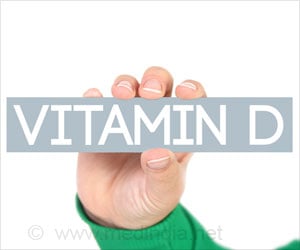
“It’s no secret that the nutritional health of our nation is of peak concern,” said registered dietitian nutritionist and Academy Spokesperson Tamara Melton. “That’s why it’s important to take a moment to remind consumers where they can go to seek expert clarification in the muddy sea of nutrition advice – the registered dietitian nutritionist.”
Since 2007, the second Wednesday in March has marked Registered Dietitian Nutritionist Day, when the Academy acknowledges the significant work RDNs do as advocates for advancing the nutritional status of Americans and people around the world.
“Virtually anyone can call him or herself a ‘nutritionist,’” Melton said. “In these cases, consumers don’t know if the individual has five minutes or five years of experience – or any training at all. But when you consult a registered dietitian nutritionist, you can know you are receiving advice from an educated, trained and trusted expert.”
Registered dietitian nutritionists meet stringent academic and professional requirements, including earning at least a bachelor’s degree, completing a supervised practice program and passing a registration examination. RDNs must also complete continuing professional educational requirements to maintain registration. More than half of all RDNs have also earned master’s degrees or higher.
“Congress and federal health agencies like Centers for Medicare and Medicaid Services have recognized that registered dietitian nutritionists’ expertise in nutrition and health is more extensive than any other health profession,” Melton said.
Advertisement
“Consumers and health professionals alike can seek the expert guidance of an RDN virtually anywhere and anytime food plays a role,” Melton said. “From football fields to crop fields, school cafeterias to home kitchens, grocery store aisles to the halls of Congress, RDNs are working to help all Americans improve their health, prevent and manage disease and achieve and maintain a healthy weight, all through the power of food and nutrition.”
Advertisement
Source-Medindia












